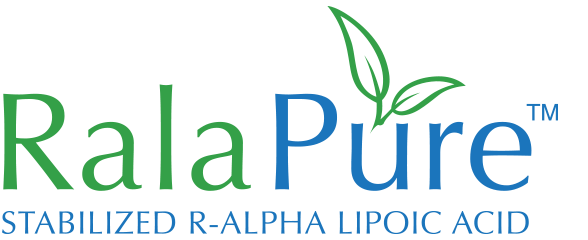Benefits for Alzheimer’s
Alzheimer’s disease is a progressive neurological disorder that destroys cells in the brain. It is the leading cause of dementia, a condition that involves gradual memory loss, decline in the ability to perform routine tasks, disorientation, difficulty in learning, loss of language skills, impairment of judgment, and personality changes. The rate of progression of Alzheimer’s varies from person to person.
Alzheimer’s Disease and Alpha Lipoic Acid
Excessive free radicals within our bodies cause a condition known as “oxidative stress.” Oxidative stress and energy depletion are characteristic biochemical hallmarks of Alzheimer’s disease (AD), thus antioxidants with positive effects on glucose metabolism such as thioctic (alpha-lipoic) acid should exert positive effects in Alzheimer’s patients.

Due to this, a study was conducted in which 600 mg alpha-lipoic acid was given daily to nine Alzheimer’s patients with Alzheimer’s disease and related dementias in an open study over an observation period of, on average, 337+/-80 days. The treatment led to a stabilization of cognitive functions in the Alzheimer’s study group, demonstrated by constant scores in two neuropsychological tests.
Despite the fact that this study was small and not randomized, this is the first indication that treatment with alpha-lipoic acid might be a successful ‘neuroprotective’ therapy option for Alzheimer’s Disease and related dementias.
Hager K, Marahrens A, Kenklies M, Riederer P, Munch G. – Department of Medical Rehabilitation and Geriatrics, Henriettenstiftung, Schwemannstrasse 19, D-30559, Hannover, Germany.
PMID: 11395173 [PubMed – as supplied by publisher]










